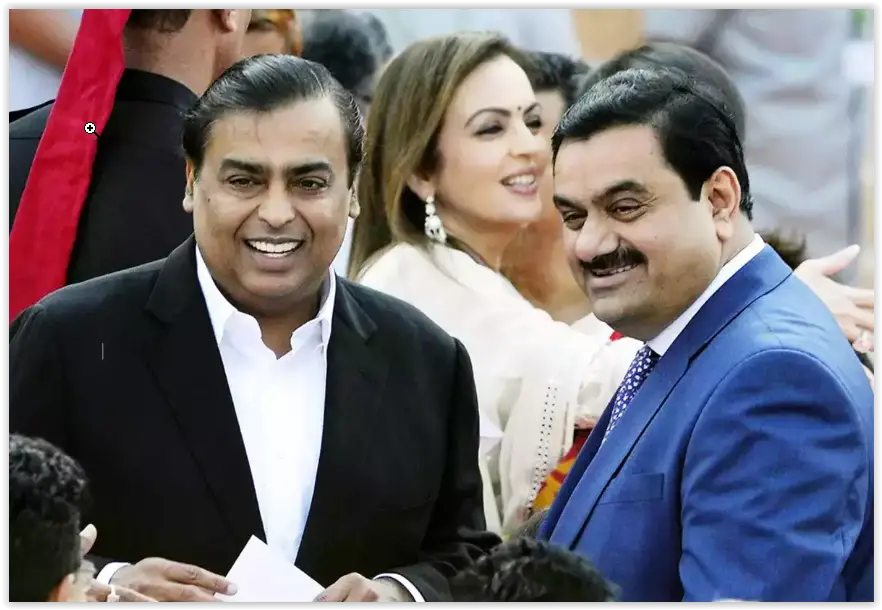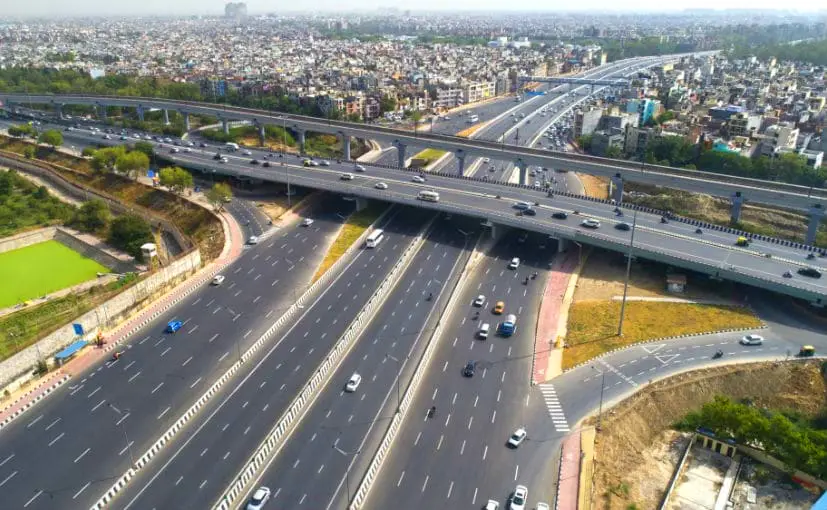India is currently witnessing an era of dramatic economic transformation, primarily driven by two of its most influential business figures: Mukesh Ambani and Gautam Adani. These entrepreneurs are not only reshaping the landscape of Indian business but are also pivotal in steering the nation toward becoming a global economic powerhouse.
Mukesh Ambani: A Visionary in Diversification and Technology
Mukesh Ambani, Asia’s richest man, chairs Reliance Industries, India’s most valuable private company by market cap. With a business empire that spans across energy, petrochemicals, and telecommunications, Ambani has been a central figure in India’s rapid economic expansion.
Under his leadership, Reliance transformed from a traditional oil and petrochemicals giant into a conglomerate with substantial interests in digital and retail sectors. The launch of Jio in 2016 revolutionized India’s telecom landscape, making affordable internet access a reality for millions of Indians and spurring a digital revolution. Today, Jio is not just a telecom operator; it is a digital ecosystem that offers a wide range of services from online shopping to digital payments, significantly contributing to the digital connectivity of the country.

Gautam Adani: The Infrastructural Titan
Parallel to Ambani, Gautam Adani, the founder of the Adani Group, has carved his niche in infrastructure and energy. Starting as a commodity trading business in 1988, Adani Group has grown into a top player in ports, logistics, agribusiness, and energy sectors. Adani’s strategic investments in infrastructure have not only bolstered his group’s growth but have also positioned it as a cornerstone in India’s development agenda.
The Group’s recent ventures into renewable energy align with India’s climate goals, demonstrating Adani’s agility in pivoting towards sustainable and futuristic industries. Adani’s commitment to green energy is a testament to his foresight and responsiveness to global energy trends, positioning the Adani Group as a key player in India’s ambition to lead in sustainable development.

Economic Impact and Future Directions
Both Ambani and Adani have shown an extraordinary ability to leverage political and economic landscapes to their advantage, aligning closely with governmental developmental priorities. Their companies’ massive scale and their ability to drive major national projects from ports to digital networks underscore their critical role in India’s economic strategy.
However, their rise has not been without controversy. Allegations of crony capitalism and concerns over their close ties with political figures underline the challenges of balancing corporate power with fair competition and regulatory oversight. The recent turmoil surrounding Adani Group’s market valuation following accusations by Hindenburg Research highlights the volatility and risks inherent in such concentrated economic power.

Conclusion
As India positions itself as a formidable economic entity on the global stage, the roles of Mukesh Ambani and Gautam Adani will undoubtedly be scrutinized, both as catalysts of growth and as symbols of the challenges facing modern economies. Their influence on India’s economic architecture is profound and will shape the nation’s trajectory for years to come. The need for balanced growth, fostering both big conglomerates and small enterprises, will be crucial in determining whether India can fully realize its economic potential. As the country continues to evolve, the contributions of its leading businessmen will remain central to its success story.


